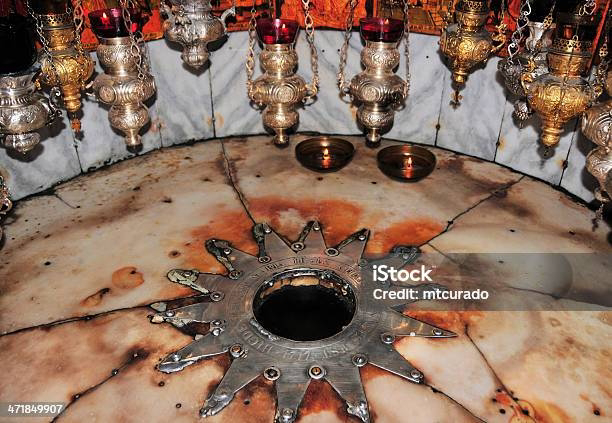'DRUNKARDS IN KERALA'
Sucking the blood of the dying man, is
the liquor policy of Kerala State. The successive state governments look for no other options, but liquor to enhance the revenue. Kerala shows the world that liquor trade is is the most profitable business in the world. Profit? 1,000%. A report published in Deccan Chronicle dated June 24, 2019 shows, "A bottle of 750 ml costing Rs 71.60 for KSBC is sold at Rs 770/-, with govt agency gaining over Rs 700/-. The government agency is the only authorised entity for wholesale and retail sales of alcoholic spirits, including beer and wine in the state. India is a democratic country. Can the people be allowed to be squeezed at this level? In the financial year, 2018-19 the KSBC and Consumer Fed together earned sales turn over of Rs 14,508 crores compared with Rs 11,000 crores in the previous year. The average selling price remaining ten times higher than the purchase price the government would be earning more than Rs 10,000 crores from the sales of liquor. The duties and levies for liquor in the state around 220 per cent, one of the highest in the country, is treated as one of the measures to keep drinking levels down. In short, the money which is supposed to reach the poor drunkards kitchen is drawn out by the government for the common comfort.
As per National Family Health Survey (NFHS-4) 2015-16, only 37 per cent men consume alcohol in Kerala, which is far behind states like Arunachal Pradesh (59%), Tripura (57%) and Telangana (54%). The decline to 37% has come from 45% in 2005-06. According to the National Sample Survey Office 2011-12 consumption data, alcohol consumption per person in Andhra Pradesh was 34.5 Ltrs whereas Keralites consume only 10.2 Ltrs per year. However women who consume alcohol in Kerala have increased from 0.7 per cent to 1.6 per cent. Drinking habits in various income groups are: (National level)
Poorest -35.4%
Poorer - 29.2%
Middle - 30.1%
Rich - 27.8%
Richest - 25.1%
Faith wise drinking habits in the national level is:
Hindu - 31.6%
Muslim - 11.3%
Christian - 42.8%
Sikh - 33.8%
Buddhist - 32.0%
Jain - 15.5%
Other - 43.3%
We Indians do not have the right to question the government whether it is fair to buy something for Rs 70/- and sell it to the people at Rs 700/-. Whenever a Finance Minister finds scarcity in the treasury he has no many options than increasing the price. Increasing the price of liquor is the easiest as hardly anyone to protest. A number of Finance Ministers from time to time have brought this profit level to 1000 percent. It must be a hidden truth that more than the people want to drink, the government wants to make them drink.
There are many sociologists writing and speaking at all available avenues to keep people away from alcoholism. It may fetch them expected results if they can apply the more established economic theory here too. Demand and supply itself is the key factor in developing more drinking habits. Whatever is found costly or scarce people have a natural attraction towards those. Make the liquor cheap and availability everywhere the attraction factor will be lost in a short span of time.
What to do for this? Bring down the price. Purchase price plus ten per cent profit plus 28 per cent GST should be the sale price. Withdraw the licensing system. Allow anyone to do liquor sales anywhere in Kerala. Initially there may be a heavy rush like the first rain after a long summer. Gradually this may come down to a very low level. Then the advantages shall by huge. No illicit manufacture and trade. No smuggling from other state. Liquor will not be a status symbol. Considerable amount of black money will be vanished. There will not be many people to do liquor business as profit margin is less. The government can try this for a couple of years.
KV George
kvgeorgein@gmail.com




Comments
Post a Comment